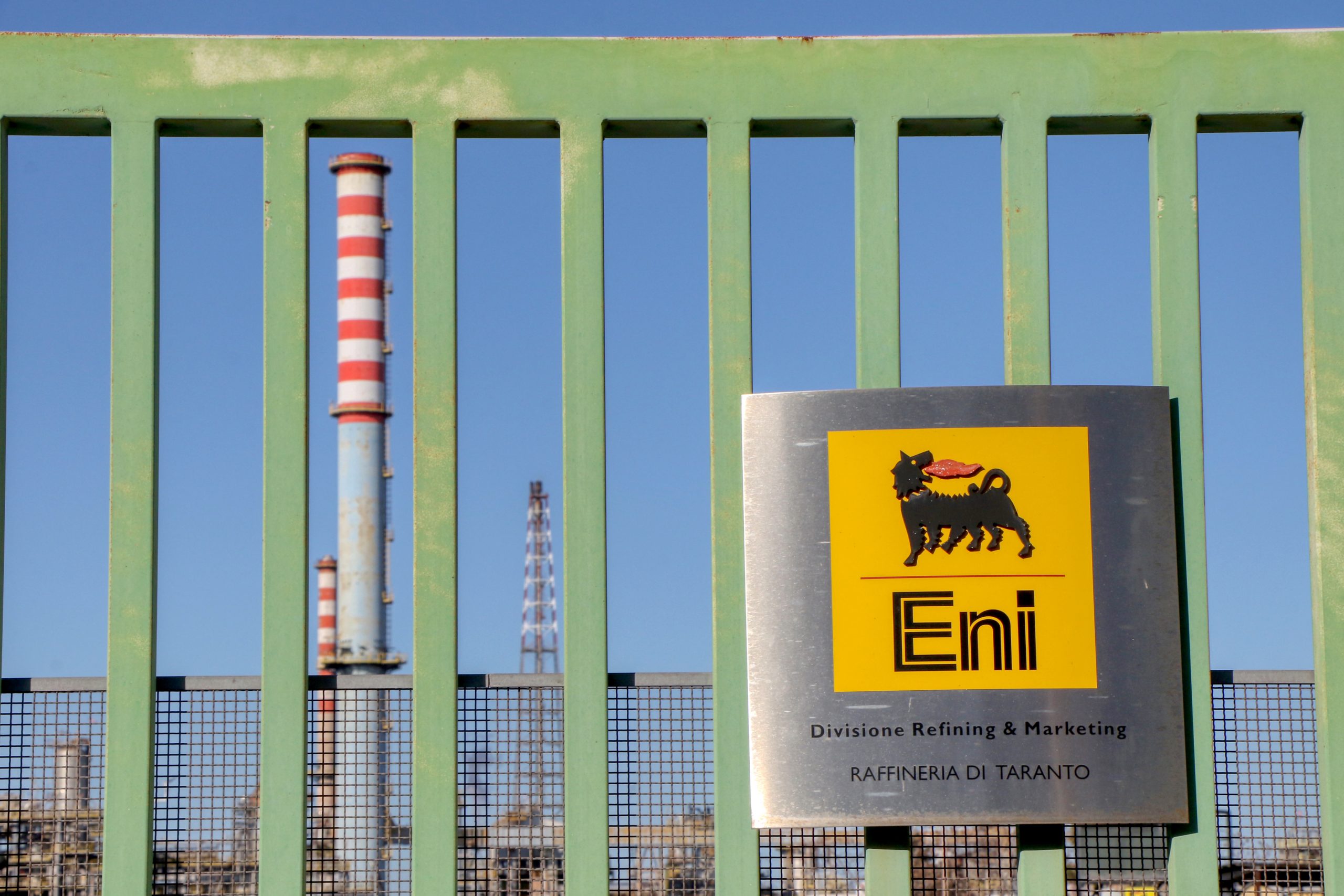Italy and Central Asia: A Relationship on the Rise
On December 11, Italy and Uzbekistan held a virtual Business Forum attended by Italian Minister of Foreign Affairs Luigi Di Maio and the Uzbek Deputy Prime Minister Sardor Umurzakov. The event is another signal that Italy is becoming a more prominent political and economic player in Central Asia.
Once limited to energy, Italian ties to the region have grown exponentially covering business, economics, and security. Exactly one year ago, Italy even became the first European country to organize a multilateral foreign ministerial conference with the five republics in Rome. The event was attended by senior government officials from all six countries and marked a high-point in Rome’s relations with this part of the world.
At present, Italian interests remain largely economic, with Undersecretary of Foreign Affairs Manilo Di Stefano establishing a series of business fora in the region to stimulate engagement with Italian entrepreneurs seeking new markets. Even reclusive Turkmenistan has expressed interest, with Turkmen Foreign Minister Rashid Meredov travelling to Milan in November 2019 to discuss opportunities for cooperation. Soon after, Ashgabat began considering the possibility of stationing its first trade representative in that city. Unsurprisingly, Kazakhstan remains Italy’s largest economic partner in the region, closely followed by Uzbekistan. In 2019 alone, Italy imported some €2.1 billion worth of Kazakh products, the lion’s share of which was related to energy (€1.8 billion). Italian energy giant ENI is an important partner in Kazakhstan, with around 10 percent of its total oil output coming from that country.
Uzbekistan is also strengthening ties with Italy. In 2018, trade exchange between the two countries increased by 71 percent (to €338 million), though Italy has still failed to crack Tashkent’s top ten list of partners. As for Turkmenistan, in 2019 trade increased to about €145 million, compared to €78 million in 2018. ENI is also prominent in Ashgabat, investing more than €2 billion and employing a workforce of 1,000 (95 percent of whom are from Turkmenistan). Italy also has ties with both Kyrgyzstan and Tajikistan, and an Italian company Webuild (formerly Salini Impregilo) signed a $3.9 billion contract to build the latter’s controversial Rogun dam project.
Beyond economics, Italy has been very active in Central Asia’s defense sector. Taking the region as a whole, Italy accounted for some 11 percent of the total value of arms transfers to the region from 2015-2019 – a sector traditionally dominated by Russia, China, and Ukraine. Turkmenistan is the largest consumer of Italian military technology. According to data published by the European Union, Turkmenistan purchased 340 million Euros’ worth of weapons from member states between 2007 and 2017 – 76 percent of which was paid to Italian companies. Since it gained its independence from the Soviet Union, Italy has accounted for some 30 percent of Ashgabat’s arms purchases, making it Turkmenistan’s largest partner.
Beyond economic benefits, Italy stands to gain from these deepening relationships in the region since they can act as a bridgehead into larger Asian markets (see Rome’s recent recognition as a Development Partner of the Association of Southeast Asian Nations). This role is evident with respect to China’s Belt and Road Initiative (BRI), with Italy becoming the first G7 member to sign a Memorandum of Understanding with China and touting the benefits of the project in Central Asia. This decision has likely opened up preferential channels of dialogue between Central Asia and Italy.
Evidence of political ties is also growing. In September 2020, Italian President Mattarella and his Turkmen counterpart Berdymukhammedov spoke over the phone. This conversation was important for two reasons: first, the telephone call confirmed the opening of a direct diplomatic channel; and second, during the conversation, the Turkmen leader officially invited the Italian President to Turkmenistan, a visit that could take place in the near future. Another example is the recent statement issued by Italian authorities following the crisis that broke out in Kyrgyzstan after the parliamentary elections on October 4, 2020 and the weeks of protest that followed. In the statement – in which, it has to be noted, the elections were erroneously defined as “Presidential” – it was underlined that Italy was “closely monitoring developments in Kyrgyzstan.” Certainly not a sharp statement, but in any case a stance suggesting a constant attention to the area.
It is undeniable how the relationship between Italy and Central Asia is still moving on largely economic tracks, as demonstrated by the various Business Forums that have taken place in recent months. At the same time, however, Rome seems increasingly keen to increase its political (and cultural) involvement in the area, as illustrated by the recent conference organised in Italy with the five Central Asian republics. The global pandemic has certainly represented an obstacle to the construction of more solid political relations, but even at this stage Italy is one of the European players that has been able to play a leading role in the region, in part benefiting from China’s rise.
Davide Cancarini holds a PhD in Institutions and Policies from the Università Cattolica del Sacro Cuore in Milan. A researcher and a freelance journalist focusing on Central Asia, his main interests are the geopolitics of Central Asia, political management in Turkmenistan/Uzbekistan, and relation between Italy and the region. Follow him on Twitter @davidecancarini

